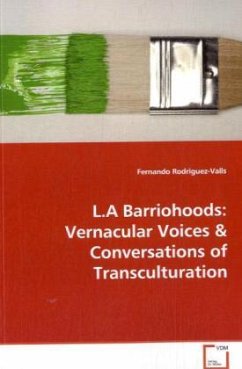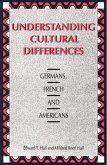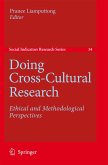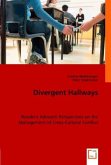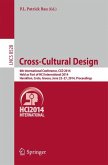In an era of crescent cultural globalization,
cultures originally from south of the U.S. border are
fighting to stay alive inside the classrooms of
compulsory educational institutions. Day after day
students in these settings are suffering the effects
of a cultural McDonalization . These effects
pollute their skills as well as their vernacular
voices. Social sciences are created neglecting what
students and parents bring in the form of a primeval
culture. Hence, history is explained in an archaic
context, nation-state model, perhaps valid for the
nineteenth century but entirely démodé for the
current social configuration. This critical
(auto)-ethnographic research searches to answer these
questions by hearing the vernacular voices that are
empowered by the funds of knowledge within each
barriohood and are prepared to give rise to a zone of
cultural comfort (ZCC). In such zone, Latin-American
cultures and the mainstream cultureilluminate each
other. After more than ten years of learning and
teaching in the United States, tha author has come to
realize that California has the optimal scenario
within public schools to create a model of
communicative actions.
cultures originally from south of the U.S. border are
fighting to stay alive inside the classrooms of
compulsory educational institutions. Day after day
students in these settings are suffering the effects
of a cultural McDonalization . These effects
pollute their skills as well as their vernacular
voices. Social sciences are created neglecting what
students and parents bring in the form of a primeval
culture. Hence, history is explained in an archaic
context, nation-state model, perhaps valid for the
nineteenth century but entirely démodé for the
current social configuration. This critical
(auto)-ethnographic research searches to answer these
questions by hearing the vernacular voices that are
empowered by the funds of knowledge within each
barriohood and are prepared to give rise to a zone of
cultural comfort (ZCC). In such zone, Latin-American
cultures and the mainstream cultureilluminate each
other. After more than ten years of learning and
teaching in the United States, tha author has come to
realize that California has the optimal scenario
within public schools to create a model of
communicative actions.

